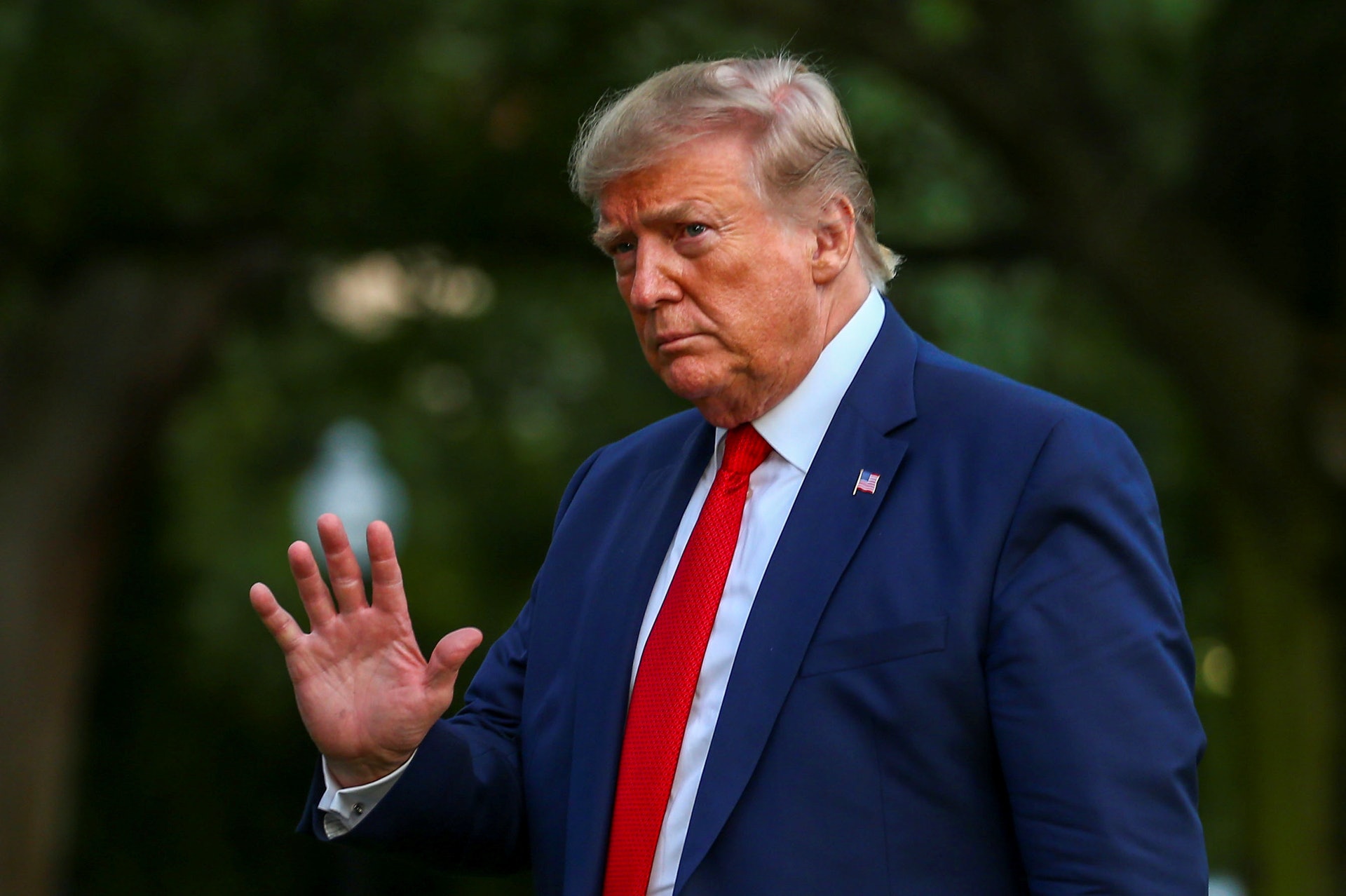After China announced on August 23 that it would impose tariffs on US$75 billion worth of US goods, US President Donald Trump sent a tweet on Twitter, saying that the United States does not need China and asked US companies to withdraw. China. In this regard, various industries in the United States are eager to know whether Trump will take this matter seriously. And does Trump have legal power to order US companies to withdraw from China?
Reuters reported on the 24th that Trump does not have the power to directly ask US companies to leave China, but he has a variety of “tools” in his hand that can make this statement come true.
(1) Adding customs duties
Trump can reduce the profits of US companies in China by adding more tariffs, which will make them lose the value of setting up factories in China.
Trump asked US companies to leave China and return to the United States to set up factories. However, the Washington Post reported on the 24th that few US companies that had withdrawn from China returned to the United States, but moved to countries with lower production costs such as Vietnam and Bangladesh. At the same time, US companies preparing to leave China have found it difficult to find areas that match the Chinese production environment.
(2) Declaring a national emergency order
Georgetown University law professor Jennifer Hillman said that, like the US sanctions against Iran, Trump can impose sanctions under the International Emergency Economic Powers Act to prevent money from flowing to China. “The premise is that Trump can legally declare a state of emergency”; “Congress may terminate the emergency issued by Trump.”
Hillman said that even if Trump succeeded in preventing the future flow of US companies to China, he did not have the authority to control the original investment of US companies in China.
(3) Exclusion from the federal procurement case
If Trump wants to bypass Congress, he can impose penalties on US companies, such as excluding US-produced companies in China from federal procurement. However, this measure may damage the interests of the US government. For example, Boeing, the largest US exporter and the main weapon manufacturer of the Ministry of Defense, will cause a blow.
At present, China’s aviation market is growing rapidly, and it is expected to surpass the United States in the next decade to become the world’s largest aviation market. Boeing set up its first overseas plant for the 737 in China in December 2018 and saw it as a strategic investment to win competition with European Airbus.
(4) The 1917 Enemy Trade Act
The US Congress passed the 1917 Trading With The Enemy Act during World War I. When the United States entered a state of war, the President had the power to supervise or restrict all trade between the United States and the enemy. However, scholars said that Trump could not use this law because it would intensify the tension between China and the United States, which means that the declaration of war with China is a radical means and requires a huge diplomatic cost.












